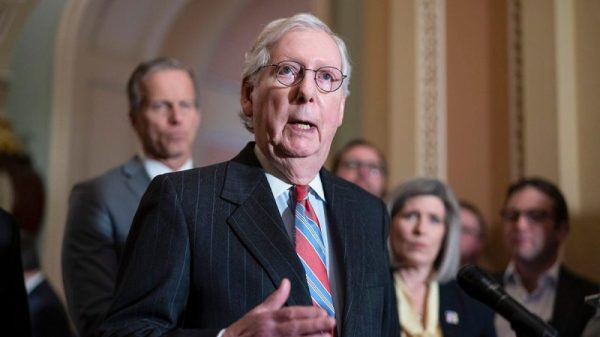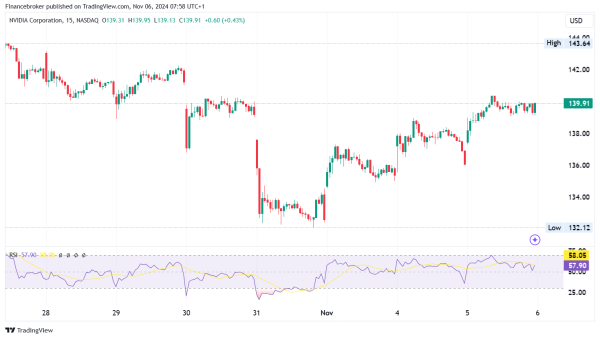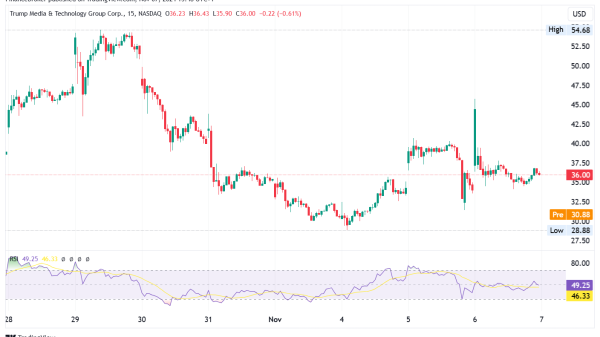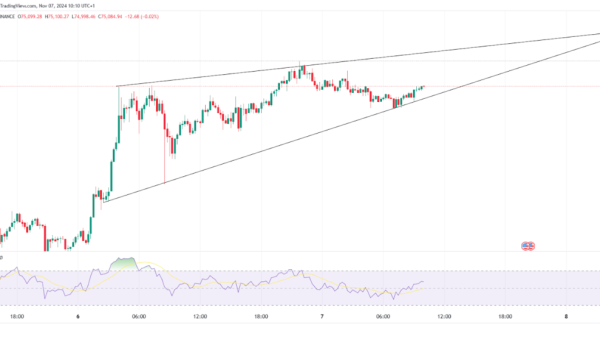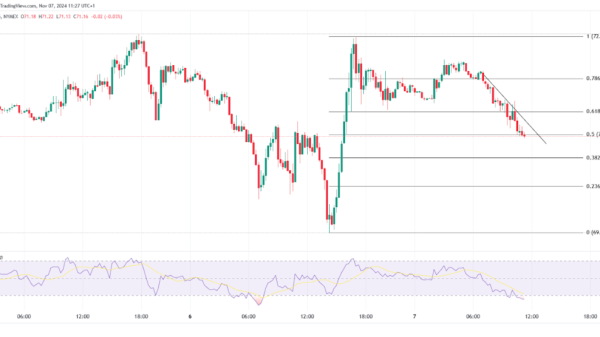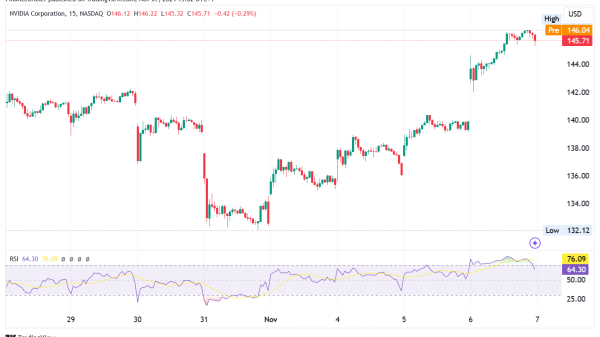What is the purpose of a funded reserve? Get All The Info.
Key Takeaways of the Funded Reserve:
A reserve fund is a financial safety net for unexpected or future expenses.
Governments, banks, and individuals often save money in interest-earning accounts.
Pensions work like reserve funds, with investments for future payouts.
Homeowner’s associations (HOAs) and condos use reserve funds for maintenance and big projects.
Have you ever thought about what is the purpose of a funded reserve? Why is it so essential to understand the main concept of this type of fund?
A Reserve Fund is a savings account for paying off the final year of a loan or bond. It is available for both new and experienced individuals. It should have enough money to pay off debts for one year and cannot be used for other purposes.
Before we explain its purpose, let’s first understand what this reserve fund is for.
What is the Funded Reserve in the first place?
A “Funded Reserve” is like a financial safety net, where landlords, property trusts, and owners set aside money to cover future expenses.
This fiscal bulwark is pivotal in shouldering unforeseen costs while maintaining properties, particularly those necessitated by major works or scheduled maintenance outlined in the Cyclical Maintenance Schedule (CMS).
Leaseholders and homeowners are integral contributors to this financial stronghold, as they dutifully fund the Reserve through the annual service charge, making it a collective effort.
This yearly fee account is where leaseholders put their money into the Reserve to make it grow.
Trustee entity – explained.
The trustee entity, entrusted with the management of the trust and the Reserve Fund plays a pivotal role in maintaining responsible financial stewardship, safeguarding the interests of all stakeholders involved.
In cases where disputes or grievances arise concerning the allocation or utilization of the fund, recourse can be sought through the First-tier Tribunal (FTT), offering a fair and impartial avenue for conflict resolution.
Furthermore, leaseholders must be well-informed about potential additional costs associated with property ownership within the trust. Transfer fees, typically determined by the landlord and subject to negotiation, constitute another layer of financial considerations.
Leaseholders should understand fees and their impact on finances. This understanding will help them make informed choices and handle their responsibilities effectively.
How does this fund work?
A reserve fund is a financial safety net. It is set up by people or businesses to have money available for unexpected expenses or expenses required by a lease.
In some cases, these funds could be used to address planned upgrades, potentially involving assets that are less easily converted into cash.
Typically, these funds are kept in a dedicated bank account, with contributions from various sources, including ground rent payments and sinking funds, as a dependable financial resource for managing diverse financial responsibilities.
The purpose of a reserve fund – explained.
The Reserve Fund is used for planned and unexpected expenses. These expenses include big repairs or maintenance in shared areas of buildings, like apartment blocks.
This is a crucial financial backup. It is typically paid for by leaseholders, landlords, or tenants in leasehold properties. It is managed by a management company or agent.
This fund helps cover costs like building insurance and ensures financial stability for property maintenance.
Why is the Reserve Fund so crucial?
Furthermore, the Reserve Fund is instrumental in financing regular, planned maintenance and repair projects. It ensures that the communal areas of a property, which are often subjected to significant wear and tear, can be adequately maintained and upgraded when necessary.
This tool has multiple uses. It can be used for painting the building. It can also be used to fix the roof. Additionally, it can be used to improve common areas such as gyms or pools.
Lastly, it can be used to replace old things like elevators. By allocating resources to these ongoing maintenance needs, the Reserve Fund helps preserve property values and ensures residents’ high quality of life.
Contribution to overall financial stability
The fund contributes to the overall financial stability of a property. It helps property managers and owners deal with maintenance needs early, preventing bigger and costlier repairs in the future.
It helps get better building insurance terms. Insurers like properties that are well-maintained and have enough money saved, so premiums are usually lower.
Summarize
In sum, those wondering what a reserve fund’s purpose is should know that a funded Reserve represents a saved account for planned and unexpected expenses. Financed by leaseholders through the annual service charge, it is a financial safeguard for property maintenance.
Trustees govern it, overseen by the First-tier Tribunal. Transfer fees affect property management’s financial picture. The Reserve Fund’s primary aim is financial security for property maintenance, including major repairs in communal areas.
In essence, the Reserve Fund is a cornerstone in ensuring the financial stability and maintenance of communal properties. It is funded through the annual service charge account, providing a critical safety net for both planned and unforeseen expenses.
The post What is the purpose of a funded reserve? Get All The Info. appeared first on FinanceBrokerage.

